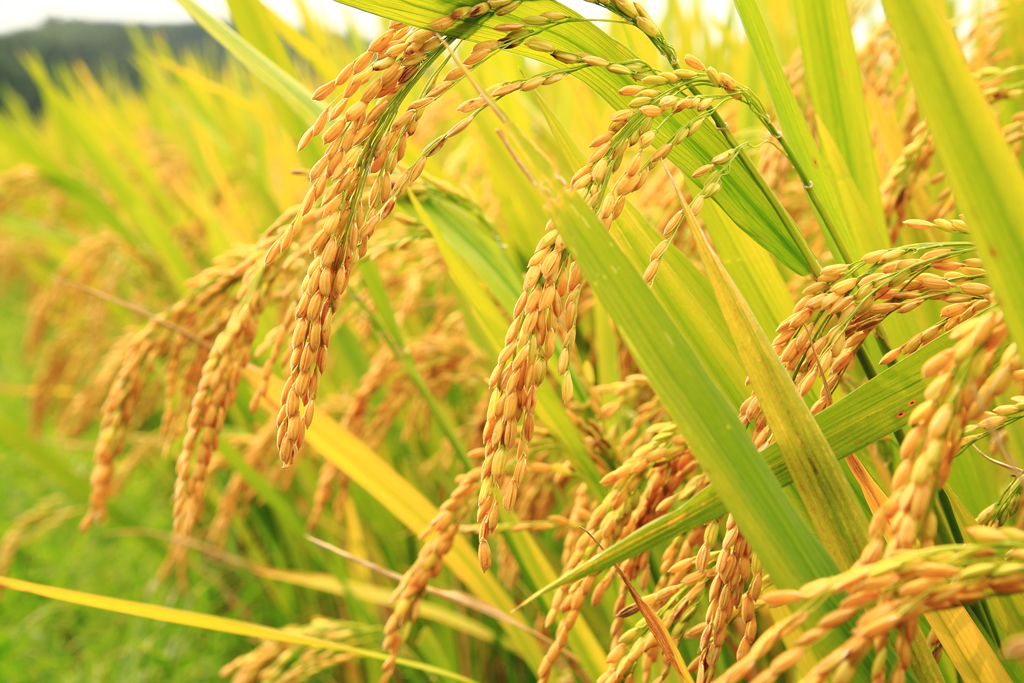In this study, the researchers conducted a
pot experiment to determine the responses of rice organ morphology and dry
matter accumulation to high temperature at different panicle initiation stages.

Source: Bing
In
this study, the researchers used two mid-indica rice cultivars (Huanghuazhan:
heat-tolerant, Fengliangyou: heat-sensitive) as materials to conduct a pot
experiment in controlled-environment chambers to learn the effects of high
temperature (40 ℃)
on the rice organ morphology and dry matter accumulation during panicle
initiation stage, and respectively put the two cultivars in high temperature
(40 ℃,
10:00-15:00) and normal temperature (32 ℃, 10:00-15:00) during
stage I (branch-spikelet differentiation) and stage Ⅱ (pollen
mother cell formation-meiosis). It needs to be clear that the rich which was
grown in ambient condition is CK (Control Check).

The results show that:
-
At
stage I, high temperature inhibits panicle initiation and extends the
panicle initiation stage by 2.5-8.8 days; at stage Ⅱ, high
temperature extends the stage by 6.8-7.1 days, which shortens the length
of the top internode and reduces the heading degree, particularly in Fengliangyu6.
-
Heat
stress can decrease the number and the size of spikelets dramatically at
panicle initiation stage because of the differences in treatment period.
Moreover, high temperature inhibits spikelet differentiation at stage I,
and heat stress significantly promotes spikelet degeneration at stage Ⅱ with
a degeneration rate of over 50% of the two cultivars, and the ratio of
Fengliangyou6 is higher than the heat-tolerant cultivars. Meanwhile, high
temperature can also dramatically decline the size of anther and the
spikelet fertility at stage Ⅱ.
-
High
temperature can promote the growth of the top-three leaves, especially at
stage Ⅱ.
However, heat stress has no significant effect on the leaf photosynthesis
and dry matter accumulation of single main stem at the two stages. There
is no significant influence on dry matter accumulation of culm, leaves and
panicle at stage I with heat stress (40 ℃), but there is a
significant decrease in the dry matter accumulation of culm and panicle at
stage Ⅱwith
heat stress, however, heat stress will lead to upper-internode tillering
and resultant dry matter accumulation, over all there is no significant
decrease in dry matter accumulation of single stem.
This article comes from Seed China News 1604, CCM

About
CCM:
CCM
is the leading market intelligence provider for China’s agriculture, chemicals,
food & ingredients and life science markets. Founded in 2001, CCM offers a
range of data and content solutions, from price and trade data to industry
newsletters and customized market research reports. Our clients include
Monsanto, DuPont, Shell, Bayer, and Syngenta. CCM is a brand of Kcomber Inc.
For
more information about CCM, please visit www.cnchemicals.com or get in touch
with us directly by emailing econtact@cnchemicals.com or calling
+86-20-37616606.
Tag: rice